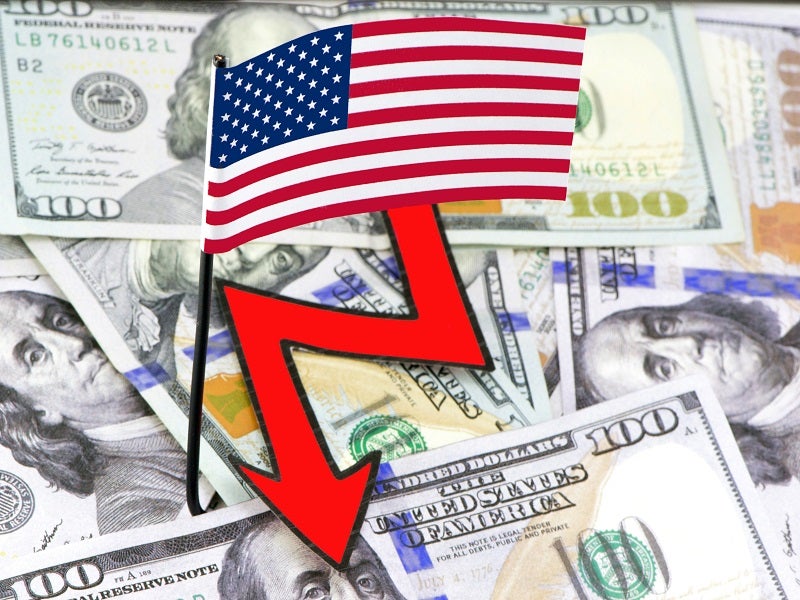The US economy is predicted to contract by 40% in 2020 although a strong rebound is forecast in the fourth quarter. The recovery of the economy, however, will be dependent on global conditions as the US economy is more dependent on global demand than it was 50 years ago.
Michal Rozworski
Michal Rozworski, an economist and author, shared an article on the structural forces that are working against the recovery of the US economy. Although economists have forecast a strong recovery in the fourth quarter of the year, the inherent structural changes that occurred over the last 50 years may not allow the US economy to recover a quickly as predicted.
The US economy is dependent on global demand in various sectors including aerospace, information technology, defence, oilfield services, and finance. Consumers are more wary of spending on non-essential things related to these sectors in the current uncertain environment created by the Covid-19 pandemic. Demand in some of these sectors, therefore, may not return to normal and help the economy rebound as predicted by experts.
Good piece from Jamie Galbraith on the structural forces working against a rapid and automatic economic recovery and rebound in the US. The implication is clear: we need structural change https://t.co/Wd55Znm0nW
— Michal Rozworski (@michalrozworski) June 16, 2020

US Tariffs are shifting - will you react or anticipate?
Don’t let policy changes catch you off guard. Stay proactive with real-time data and expert analysis.
By GlobalDataJohn Ashcroft
John Ashcroft, an economist, shared an article on the fall in inflation in the UK to 0.5% due to drop in prices of petrol, toys and other leisure items. The prices of these items decreased to a four-year low in May.
The price of fuel declined by 16.7%, while clothing and footwear prices dropped by 3.1%. The drop in inflation is expected to attract fresh stimulus package from the Bank of England.
UK inflation falls to 0.5% on back of cheaper petrol and toys @guardian #jka #jkaonline https://t.co/SvlY4r9x7j
— John Ashcroft (@jkaonline) June 17, 2020
Timothy McBride
Timothy McBride, Bernard Becker Professor at Washington University, shared an article on the need to strengthen the World Health Organisation (WHO) through crucial reforms. The WHO has been conducting a wide range of activities despite the paltry funding it receives.
The article notes that the WHO can be strengthened by providing sufficient funding, ensuring compliance with norms among member states, and strong political support.
COVID-19 Reveals Urgent Need to Strengthen the World Health Organization https://t.co/Wj8fvUrZXR
— Timothy McBride (@mcbridetd) June 17, 2020
Prof. Steve Hanke
Prof. Steve Hanke, applied economist at Johns Hopkins, shared an article on the drop in currencies across the world and instability of exchange rates amid the Covid-19 pandemic. He notes that private currency boards backed by either stable fiat currencies or gold are more reliable in the current scenario.
Hanke adds that a private currency board can issue notes and coins that can be converted into a foreign anchor currency at a fixed rate of exchange. Further, the board will hold low-risk interest-bearing bonds denominated in the anchor currency in the form of reserves in addition to gold.
https://twitter.com/steve_hanke/status/1273066107335774208




